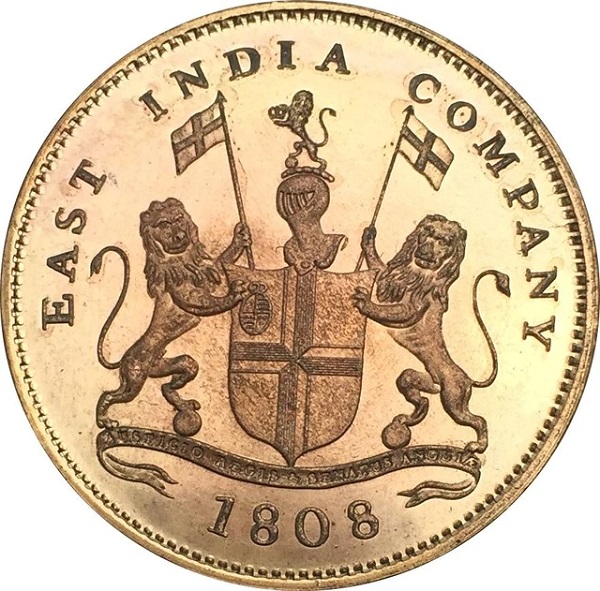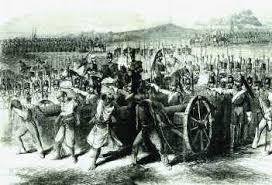Updated By: LatestGKGS Desk
The East India Company History, Loyalty, Role in British Empire Expansion

The East India Company increasingly ruled India but had its own army that was distinct from the British armed forces.
The territory it ruled was not technically British territory, though the company was wholly under the control of the British government.
The East India Company was granted a Royal Monopoly by Queen Elizabeth I. This meant that they were free from competition in the region by other British companies.
They were originally designed as a trading company, operating out of their trading base, Madras, in southern India.
They realized the vast wealth of India and wanted it for themselves, so they expanded their territory. To do this, they made a small army of regulars made up of employees. Around one in four employees of the E.I.C were soldiers.
In 1765, the Mughal Emperor granted the Company the Diwani (the right to harvest the revenues of Bengal, Bihar, and Orissa), which provided funds to bolster the Company’s military presence in the sub-continent.
Further territorial acquisitions in India during the late eighteenth and early nineteenth centuries cemented the change in the Company’s role from mere trader to a hybrid sovereign power.
The company controlled all the British lands in India until 1857, when it was decided that India would be ruled directly by the Crown.


